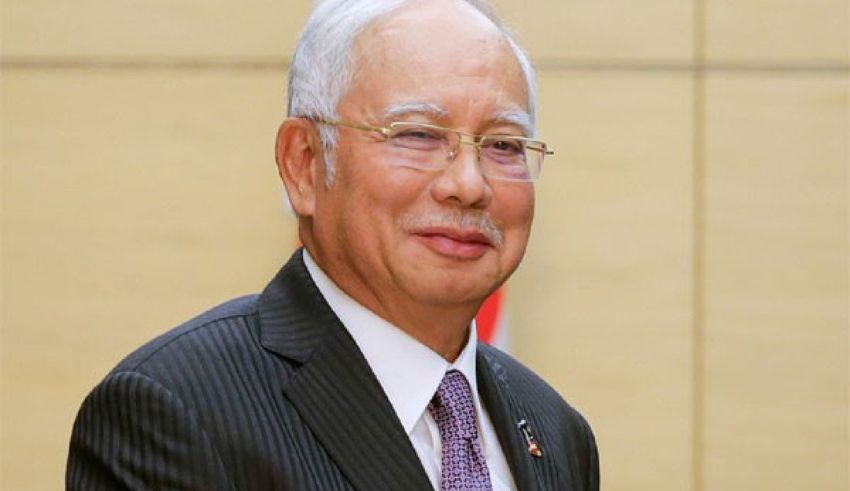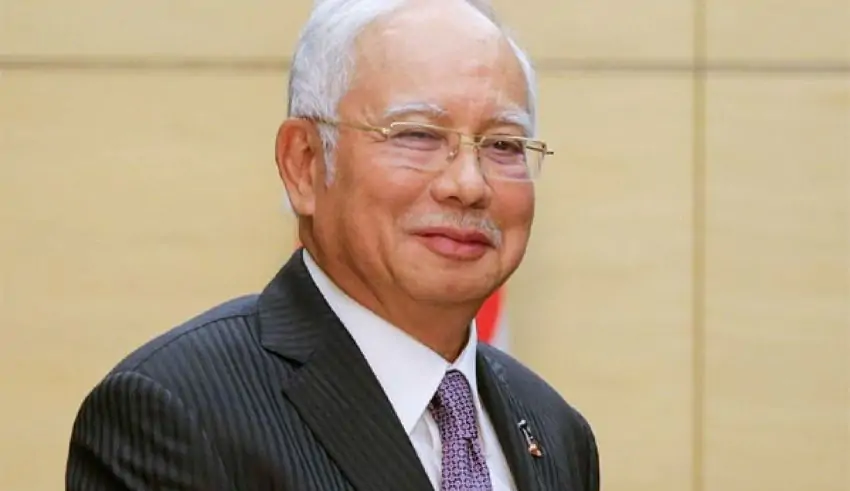

(C) ANTARA News
Former Malaysian Prime Minister Najib Razak, who is serving a 12-year jail sentence for corruption convictions related to the 1Malaysia Development Berhad (1MDB) scandal, is seeking a royal pardon from the King.
His application, which was submitted in December 2023, could soon be decided by the Pardons Board, which is chaired by Prime Minister Anwar Ibrahim. The outcome of the pardon request could have a major impact on Najib’s political career, as well as on the country’s political landscape and stability.
A royal pardon for Najib could revive his political career, as it would erase his criminal record and restore his civil rights, including his eligibility to run for office and to lead a political party.
Najib, who is still the president of the United Malays National Organisation (UMNO), the largest party in the ruling coalition, could regain his influence and popularity among his supporters and allies, and challenge Anwar’s leadership and legitimacy. Najib could also resume his role as the leader of the opposition, and mobilize his resources and network to counter Anwar’s policies and agenda.
However, a royal pardon for Najib could also ruin his political career, as it would provoke a backlash from the public and the civil society, who have been demanding justice and accountability for the 1MDB scandal, which involved the embezzlement of billions of dollars from a state fund.
A pardon for Najib could also trigger a rift within the ruling coalition and the UMNO, as some of his rivals and critics may oppose his comeback and question his credibility and integrity. Moreover, a pardon for Najib could expose him to further legal troubles, as he still faces several other charges and cases related to the 1MDB scandal, which may not be covered by the pardon.
The pardon request for Najib has significant implications and ramifications for the country’s political system and stability, as it raises questions and debates about the role and power of the King, the Pardons Board, and the Prime Minister in granting pardons, and the criteria and process involved. The pardon request also challenges the rule of law and the independence of the judiciary, as it could undermine the verdict and the sentence that were delivered by the courts after a lengthy and rigorous trial.
The pardon request also affects the public trust and confidence in the government and the institutions, as it could create a perception of bias, favoritism, or interference in the pardon decision.
The pardon decision for Najib could also have a major impact on the country’s political dynamics and stability, as it could alter the balance of power and the alignment of forces among the political parties and actors. The pardon decision could also influence the outcome and the timing of the next general election, which is due by 2025, as it could affect the voters’ preferences and choices, and the candidates’ strategies and campaigns.
The pardon decision could also trigger social and political unrest and protests, as it could polarize and divide the society along ethnic, religious, and ideological lines.
OpenAI updated ChatGPT-4o to include its best text-to-image tools so free users can generate Studio Ghibli artwork by giving basic…
The stepping down of Piyush Gupta from the post of CEO of DBS Bank came after 15 years of leading…
The Delhi Directorate of Education releases 2025-26 marks for year-end tests in school levels 6 through 11. Online test data…
Singapore will further cement its status as an important basketball destination when it hosts three FIBA 3x3 events in 2026…
Jewel Section E, directed by Theodore Boborol and starring Ashtine Olviga as Jay-Jay Mariano, Andres Muhlach as Mark Keifer Watson,…
Cebu Pacific celebrates the delivery of its very first aircraft for 2025, the 459-seat Airbus A330neo, delivered at Ninoy Aquino…
This website uses cookies.
Read More